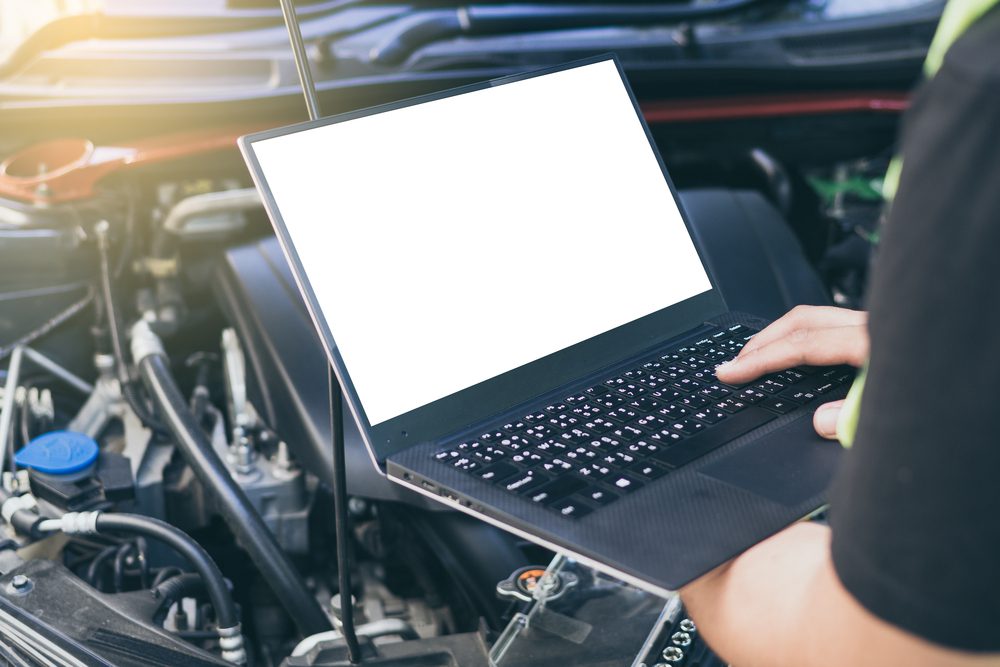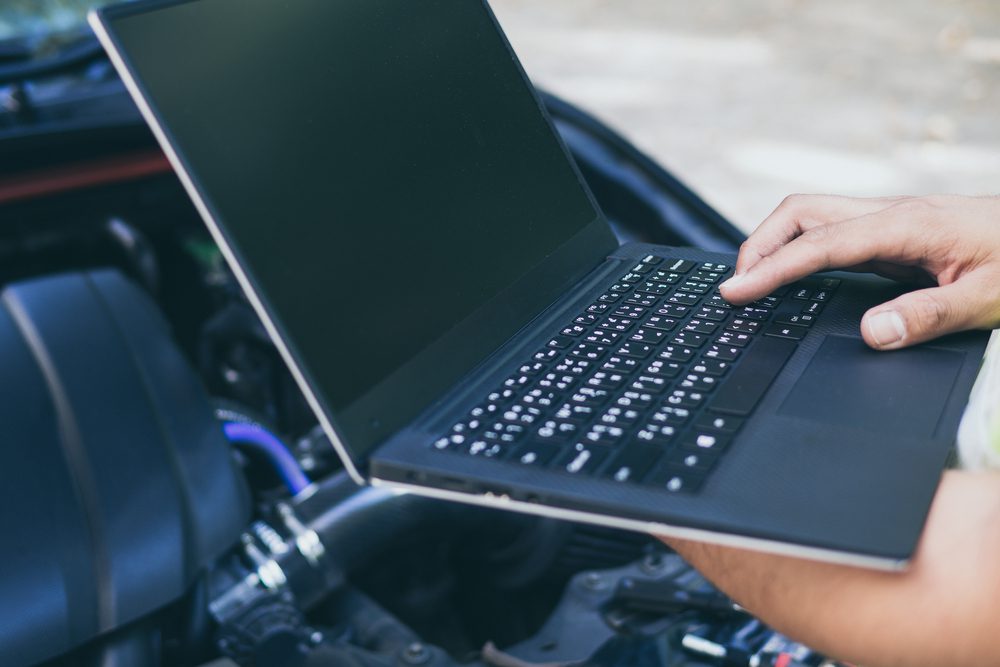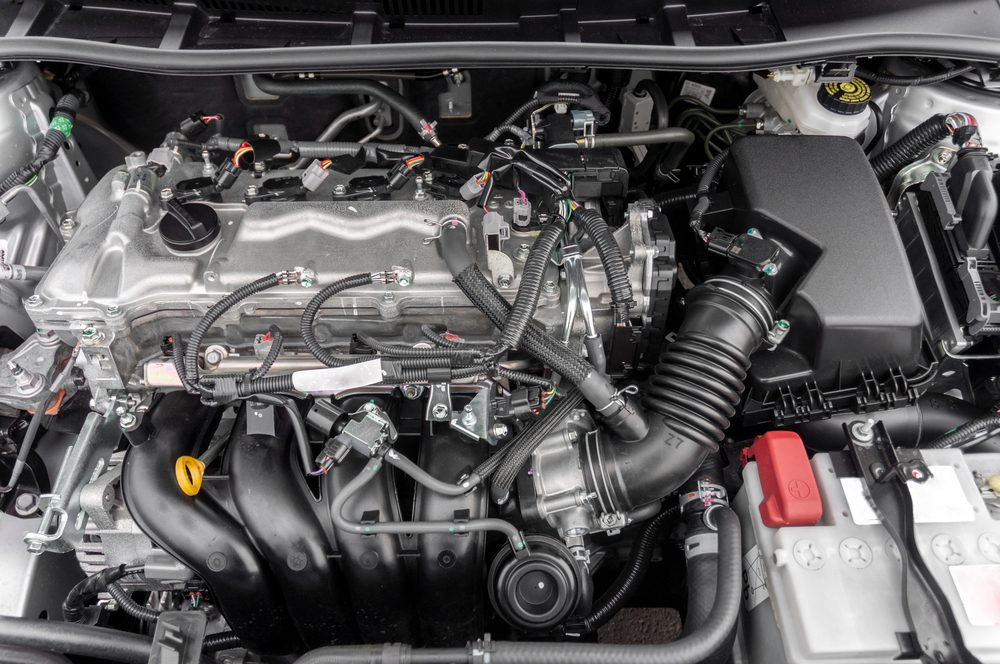Why do exhausts crackle?
The phenomenon of exhaust crackling
Have you ever wondered why some car exhausts emit a distinctive crackling sound? The intriguing noise, often heard when decelerating or shifting gears, can be both exciting and puzzling. This article aims to shed light on the science behind this phenomenon, exploring the factors that contribute to exhaust crackling.
Backfiring and afterfire
The crackling sound from an exhaust is commonly associated with backfiring, which occurs when unburnt fuel ignites in the exhaust system instead of in the engine’s combustion chamber. Backfiring can happen due to various reasons, such as an overly rich air-fuel mixture, incomplete combustion, or even modifications made to the exhaust system.
Another related term is afterfire, which refers to the combustion of leftover fuel in the exhaust system once the throttle is closed. Afterfire can happen in naturally aspirated and turbocharged engines alike, but it is particularly pronounced in performance-oriented vehicles where the fuel-air ratio is optimized for power.
The role of unburnt fuel
To understand why exhausts crackle, it is crucial to recognize the presence of unburnt fuel in the exhaust gases. During normal engine operation, some fuel may not undergo complete combustion due to various factors, including timing issues, fuel quality, and engine design.
When the unburnt fuel enters the hot exhaust system, it encounters high temperatures that can cause it to ignite. This ignition results in the audible crackling sound that we associate with exhaust crackling. Essentially, the unburnt fuel ignites and combusts in the exhaust pipe, producing the characteristic noise.
The impact of engine tuning and modifications
Engine tuning and modifications can significantly influence the occurrence and intensity of exhaust crackling. Performance enhancements like aftermarket exhaust systems, free-flowing air filters, or modified engine mappings can alter the air-fuel mixture and combustion process.
For instance, a modified engine setup that allows more unburnt fuel to reach the exhaust system can intensify the crackling sound. Conversely, certain modifications aimed at optimizing performance may reduce or eliminate the crackling entirely.
Safety and legal considerations
While the sound of an exhaust crackling might be appealing to many car enthusiasts, it’s important to note that excessively loud or frequent backfiring can be indicative of underlying engine issues. Regular maintenance and monitoring of engine performance are crucial to address any potential problems.
Moreover, it is essential to ensure that any modifications made to the exhaust system comply with local regulations. In some areas, excessively noisy exhausts can be subject to fines or legal consequences. It is always advisable to consult with professionals or refer to local laws to ensure compliance.
In conclusion
The crackling sound emitted by car exhausts is a captivating feature that adds excitement and character to the driving experience. Understanding the science behind it helps demystify this phenomenon. Factors such as backfiring, afterfire, unburnt fuel, and engine modifications all contribute to the distinctive crackling sound. However, it is essential to prioritize safety and compliance with legal requirements when modifying or appreciating the sound of an exhaust.
What is a crack tune?
When it comes to cars and exhaust systems, one term that you may have come across is “crack tune.” But what exactly does it mean? A crack tune refers to a specific tuning technique used in aftermarket exhaust systems to create a distinctive crackling sound.
How does a crack tune work?
A crack tune involves adjusting or modifying the engine’s fuel and ignition timing to intentionally create small explosions in the exhaust system when lifting off the throttle or during gear shifts. This results in the signature crackling or popping sound that many car enthusiasts find appealing.
Why do people opt for crack tunes?
The crackling sound produced by a crack tune is often associated with high-performance vehicles and can add an element of aggression and sportiness to the overall driving experience. Many car owners choose to get a crack tune for the following reasons:
- To enhance the auditory experience: The crackling sound can provide a more engaging and exciting driving experience.
- Personalization: It allows car owners to customize the sound of their vehicle, giving it a unique character.
- Sporty appeal: The crackling sound is often associated with performance cars, and having it can give the perception of increased power and speed.
Is crack tuning legal?
The legality of crack tunes varies depending on local laws and regulations. In some countries, modifying the exhaust system to produce crackling sounds may be considered illegal due to noise pollution regulations. It’s important to check your local laws and consult with professionals to ensure compliance with regulations.
Did you know? Crack tunes are more commonly heard in high-performance cars, particularly those equipped with turbochargers or other forced induction systems.
The future of crack tunes
As with any automotive trend, the popularity of crack tunes may change over time. It’s worth noting that some manufacturers are already implementing crackling sound systems in their stock exhausts to cater to the demand for a sportier driving experience. These systems replicate the crackling sound without the need for aftermarket modifications, making them more accessible and legal.
Whether crack tuning remains a sought-after modification or becomes a feature included in stock vehicles, there’s no denying that the distinctive crackling sound adds an extra level of excitement and individuality to the driving experience.
Can pops and bangs damage engine?
Understanding the phenomenon
The crackling, popping, or banging sound produced by exhaust systems is an increasingly popular trend among car enthusiasts. This phenomenon, often referred to as “pops and bangs,” occurs when unburned fuel ignites in the exhaust system, creating loud noises and flames.
Is it harmful to the engine?
Generally, the occasional pops and bangs are not harmful to your engine. Modern engines are designed to handle these unburned fuel explosions without causing any significant damage. However, excessive or persistent pops and bangs can be an indicator of a more serious issue that needs attention.
The role of aftermarket modifications
In some cases, pops and bangs are intentionally enhanced through aftermarket modifications like ECU tuning, exhaust system upgrades, or fitting a flame kit. While these modifications can increase the intensity of the sound and make your car stand out, they may have an impact on the engine’s longevity and performance.
Impact on emissions and legal considerations
Pops and bangs modifications can affect the emission levels of your vehicle. In the UK, it is important to ensure that any modifications made to your exhaust system comply with the legal requirements outlined in the Road Vehicles (Construction and Use) Regulations 1986. Non-compliant modifications could result in fines or even the invalidation of your insurance.
Maintaining your engine’s health
To minimize any potential risks associated with pops and bangs, regular maintenance is essential. It is crucial to follow the manufacturer’s recommended service intervals, use high-quality fuel, and have your vehicle regularly inspected by a qualified mechanic.
Conclusion
While pops and bangs can add excitement and character to your car’s exhaust note, it is important to strike a balance between personalization and engine health. As long as you stay within legal limits, properly maintain your vehicle, and monitor any excessive occurrences, the occasional pops and bangs should not cause significant harm to your engine.
Remember: If you have any concerns or notice any unusual sounds or behaviors from your vehicle, it is always best to consult with a professional to ensure the proper functioning of your engine.



